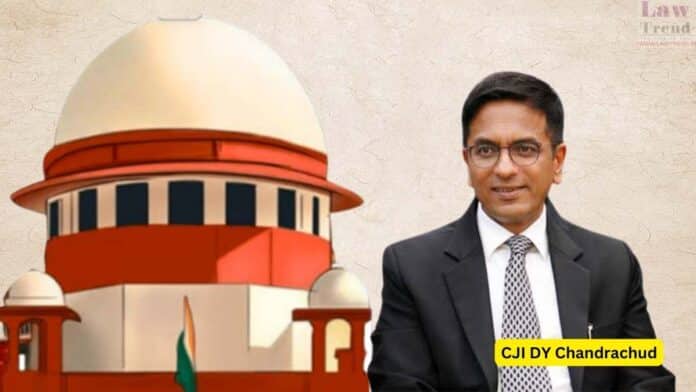Chief Justice of India (CJI) D.Y. Chandrachud, on Wednesday, deferred the hearing on multiple pleas seeking the criminalization of marital rape, stating that he would not be able to complete the hearing and deliver a judgment before his retirement on November 10. The apex court has now scheduled the matter for hearing after four weeks by another bench.
During the hearing, CJI Chandrachud emphasized the need to allow sufficient time for all parties to make comprehensive submissions, which would not be feasible before his tenure ends. “It is important to ensure that all lawyers are given the time they need for their arguments,” said the CJI, highlighting the complexity of the legal, social, and constitutional questions involved.
The petitions challenge the immunity granted to husbands under Exception 2 of Section 375 of the Indian Penal Code (IPC), which has now been replaced by the Bharatiya Nyaya Sanhita (BNS). This clause exempts sexual intercourse or acts by a man with his wife (as long as she is not a minor) from being considered rape. Even under the new law, Exception 2 to Section 63 states that “sexual intercourse or sexual acts by a man with his own wife, the wife not being under eighteen years of age, is not rape.”

The core of the debate lies in whether the legal exception amounts to a violation of a woman’s fundamental rights and bodily autonomy. Petitioners argue that the exemption perpetuates a patriarchal notion of marital consent, while critics of amending the law have expressed concerns about potential misuse.
Representing the government, the Centre noted that in today’s fast-evolving social and family structures, there is a possibility of misuse of any amended provisions criminalizing marital rape. The Centre argued that it would be challenging to prove the presence or absence of consent in marital relationships, making it difficult to implement the law fairly.







